When you’re buying a home, one of the most important choices you’ll make is selecting the right mortgage lender. The lender you choose will influence your loan options, interest rate, and overall experience — potentially saving you thousands over time.
In this Redfin article, we’ll walk through how to compare lenders, what to look for, and how to make the smartest choice for your budget. Whether you’re buying a home in Denver, CO or Tampa, FL, knowing how to choose a mortgage lender can make your homebuying journey smoother and more affordable.

What does a mortgage lender do?
A mortgage lender provides the funds you use to purchase or refinance a home. Common types of lenders include:
- Banks and credit unions: Offer competitive rates and may have in-house programs for existing customers.
- Mortgage brokers: Work with multiple lenders to help you find the best loan option based on your financial profile.
- Online lenders: Provide a fast, fully digital application process with instant rate comparisons.
- Direct lenders: Originate and service loans under one roof, streamlining approval and processing.
Each option has pros and cons. For example, banks may offer relationship discounts, while brokers provide flexibility by shopping rates across multiple lenders.
>>Read: Mortgage Broker vs. Direct Lender
Steps to choose the right mortgage lender
1. Check your credit and financial profile
Before comparing lenders, review your credit score, debt-to-income (DTI) ratio, and savings. These factors influence the rates and loan types you qualify for.
- Aim for a credit score of at least 620 for conventional loans.
- Lower scores may still qualify under FHA, VA, or USDA programs.
- A strong financial profile can help you negotiate better rates and terms.
Use a mortgage calculator to estimate monthly payments based on your credit and down payment.
2. Understand your loan options
Different loan types suit different buyers.
- Conventional loans: Great for borrowers with strong credit and larger down payments.
- FHA loans: Ideal for those with lower credit scores.
- VA loans: Offer zero-down options for eligible service members and veterans.
- USDA loans: Help buyers in rural and suburban areas access affordable financing.
Knowing which loan fits your goals helps you narrow down lenders who specialize in that type.
3. Compare mortgage rates and fees
Rates can vary between lenders, so it’s worth comparing multiple offers. Ask each lender for a Loan Estimate (LE)—a standardized document showing the interest rate, annual percentage rate (APR), monthly payment, and estimated closing costs.
Key costs to compare:
- Interest rate: The base cost of borrowing.
- APR: Reflects interest plus fees for a more accurate comparison.
- Discount points: Optional fees that lower your rate.
- Origination or underwriting fees: Administrative costs that can vary widely.
Tip: Even a 0.25% difference in your rate can add up to thousands in savings over time.
4. Evaluate customer service and lender reputation
Your mortgage experience doesn’t end after preapproval. Choose a lender known for transparent communication and smooth closings.
- Read online reviews or check ratings on the Better Business Bureau.
- Verify the lender’s license through the NMLS Consumer Access database to confirm they’re legitimate and properly registered.
- Ask your real estate agent which lenders are reliable in your local market.
- Check responsiveness: Quick, clear communication is critical during underwriting.
5. Get preapproved early
A mortgage preapproval shows sellers that you’re a serious buyer and helps you understand what you can afford. During preapproval, the lender verifies your income, assets, and credit.
Once approved, you’ll receive a preapproval letter with your estimated loan amount—often valid for 60–90 days, depending on the lender.
6. Compare more than just the rate
Beyond interest rates, consider the full borrower experience:
- Turnaround times: How quickly can they close?
- Down payment assistance programs: Do they offer access to local, state, or national assistance programs?
- Servicing: Will the lender keep your loan or sell it to another company?
- Digital experience: Online portals can simplify document uploads and updates.
>>Read: First-time Homebuyer Programs by Location
7. Ask the right questions
Before committing, ask each lender:
- What types of mortgages do you offer, and which do you recommend for my situation?
- What interest rates are you offering, and how can I qualify for a lower one?
- What fees are associated with the loan, and can you provide a full breakdown of closing costs?
- What are your down payment requirements?
- What would my estimated monthly payment be, including taxes and insurance?
- What documentation do you require for the loan application?
- How long does the approval process typically take?
- Do you offer interest rate locks, and if so, what are the terms and conditions?
- What’s the estimated time to close?
- Are there prepayment penalties?
- How do you communicate with clients throughout the process, and who will be my main point of contact?
- What’s your communication process during underwriting?
A transparent lender should clearly explain every step—and put all promises in writing.
Common mistakes to avoid
- Only comparing one lender: You might miss out on better rates or incentives.
- Focusing only on the rate: Closing costs, origination fees, and service quality matter too.
- Ignoring preapproval timing: Waiting too long can delay your offer process.
- Overextending your budget: Choose a loan that aligns with long-term affordability, not just what you qualify for.
Frequently asked questions about choosing a mortgage lender
1. How many mortgage lenders should I get quotes from?
It’s recommended to get quotes from at least three to five mortgage lenders. Comparing multiple Loan Estimates allows you to see differences in interest rates, fees, and closing costs. Even a small rate difference can save you thousands over the life of your loan.
2. When should I start looking for a mortgage lender?
Start researching lenders before you begin house hunting. Getting preapproved early helps you understand your budget, strengthens your offer when bidding on a home, and gives you time to compare lenders without feeling rushed.
3. Is it better to go through a bank or a mortgage broker?
That depends on your needs.
- Banks may offer relationship discounts and in-house servicing but have stricter requirements.
- Mortgage brokers can shop across multiple lenders to find you the best rate or loan type, especially if you have unique financial circumstances.
Both can be great options—focus on transparency, service, and competitive rates.
4. What’s the difference between prequalification and preapproval?
- A prequalification is a quick estimate of what you might be able to borrow based on self-reported information.
- A preapproval is more official—the lender verifies your credit, income, and assets. Sellers tend to take preapproved buyers more seriously since it shows financial readiness.
>>Read: Pre-Qualified vs. Pre-Approved
5. Does applying with multiple lenders hurt my credit score?
Not significantly, as long as you apply within a short time frame. Credit bureaus treat multiple mortgage inquiries made within 14–45 days as a single hard inquiry. This lets you shop around without hurting your score.
6. What’s the most important factor when choosing a lender?
While the interest rate matters, look beyond it. Consider APR, customer service, closing speed, communication quality, and trustworthiness. A slightly higher rate with a transparent, responsive lender can be worth it for a smoother experience.
7. Can I change lenders after getting preapproved?
Yes, you can. Preapproval doesn’t lock you in—it simply shows your borrowing potential. If another lender offers better terms before you close, you can switch. Just make sure you allow enough time for underwriting and avoid restarting the process too late in your homebuying timeline.
8. How do I know if a lender is reputable?
Look for licensed lenders listed on the NMLS Consumer Access database, read reviews from past clients, and ask your real estate agent for trusted recommendations. Avoid lenders that pressure you to decide quickly or don’t provide clear written estimates.
The post How to Choose the Right Mortgage Lender for You appeared first on Redfin | Real Estate Tips for Home Buying, Selling & More.





Join The Discussion